Sergey Koussevitzky, Boston Symphony Orchestra - Bartok: Concerto for Orchestra, Mussorgsky: Picture of an Exhibition (2000)
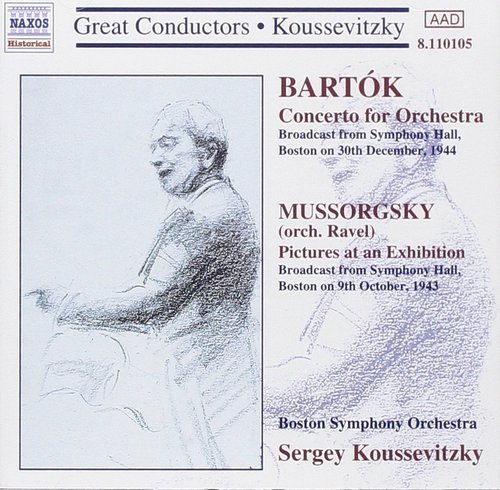
Artist: Sergey Koussevitzky, Boston Symphony Orchestra
Title: Bartok: Concerto for Orchestra, Mussorgsky: Picture of an Exhibition
Year Of Release: 2000
Label: Naxos
Genre: Classical
Quality: APE (image+.cue,log)
Total Time: 59:29
Total Size: 137 Mb
WebSite: Album Preview
Tracklist: Title: Bartok: Concerto for Orchestra, Mussorgsky: Picture of an Exhibition
Year Of Release: 2000
Label: Naxos
Genre: Classical
Quality: APE (image+.cue,log)
Total Time: 59:29
Total Size: 137 Mb
WebSite: Album Preview
B.Bartok - "Concerto for Orchestra" 36.28
1. Introduzione: Andante Vivache 6.00
2.Giocoso delle coppie(Game of Pairs):
Allegretto scherzando 6:28
3.Elegia: Andante non troppo 3.44
4.Intermezzo interrotto: Allegretto 9.09
5.Finale: Presto (first version) 1.42
Boston Symphony Orchestra
Commissioned by Koussevitzky in May 1943, this work is presented with its first and more concise ending.
Live broadcast from Symphony Hall, Boston on 30th December, 1944.
M. Mussorgsky:Pictures at an Exhibition (orch. Ravel) 22.53
6.Promenade 1.42
7.The Gnome 2.39
8.Promenade 0.31
9.Tuileries 0.54
10.Ballet of the Unhatched Chicks 1.12
11.Two Polish Jews: Samuel Goldberg and Schmuyle 2.19
12.The Market Place at Limoges 1.11
13.Catacombs 1.57
14.Cum mortuis in lingua mortua 1.34
15.Baba Yaga 3.28
16.The Great Gate of Kiev 5.20
Boston Symphony Orchestra
Live broadcast from Symphony Hall, Boston on 9th October, 1943.
Few conductors have had as great an impact on 20th century music as did Serge Koussevitzky. For 25 years, he led the Boston Symphony Orchestra and molded it into one of the world's finest instruments. Koussevitzky married into great wealth and used it to further his career and in doing so studied under Nikisch and as did Beecham, bought his own orchestra to refine his art. His greatest impact came from his numerous commissions from such celebrated composers as Ravel, Prokofiev, Honneger, Copland, and Bartok, just to name a few. This recording contains two of those celebrated commissions - The Concerto for Orchestra by Bartok and the Ravel orchestration of Moussorgsky's Pictures at an Exhibition. The Bartok commission was instigated by Josef Szigeti who prevailed upon Koussevitzky to approach the ailing composer who was in debt and badly needed financial help to compose a piece of his choosing for a Boston premiere. This recording is from the first broadcast performance at Symphony Hall in Boston on December 30, 1944 - the actual premiere being held on December 1st at Carnegie Hall in New York by the BSO. The recording is typical of broadcast quality circa 1944. The omnidirectional microphones used picked up the strings and winds more clearly as they were seated more centrally on the stage. The basses sound appropriately dark but sonically tubby. The performance is crisp and assured and despite its complexity and obvious need for a virtuoso orchestra, the BSO sounds more than up to the task. This was the orchestra that Koussevitzky built into the greatest "French" orchestra in the world. The coda was later expanded by Bartok after this performance and is extremely brief to the point where it sounds incomplete. The recording thus is of great historical interest for anyone interested in the work, the conductor or the orchestra. The Ravel, surprisingly, is a mess. This is from an October 9, 1943 broadcast from Symphony Hall, Boston. For reasons which completely perplex me, Koussevitzky discards all restraint with respect to tempo. He lurches from the ponderous to the breathless. There are passages which he takes at such a breakneck pace that one marvels that the strings could articulate the notes with such a degree of precision. One example will suffice - The Great Gate of Kiev is taken at a tempo so slowly that the great chords which embody the majesty of the edifice sound more like misplaced fermatas - ponderous and soporific as if Koussevitzky lost his place in the score and was dragging out the note values to buy time to find his place again. The sonics are again, typical of what one would expect in the pre-tape era. The Bartok is very welcome as an historical document - the Ravel a self-indulgent performance. The audience loved it - I didn't.
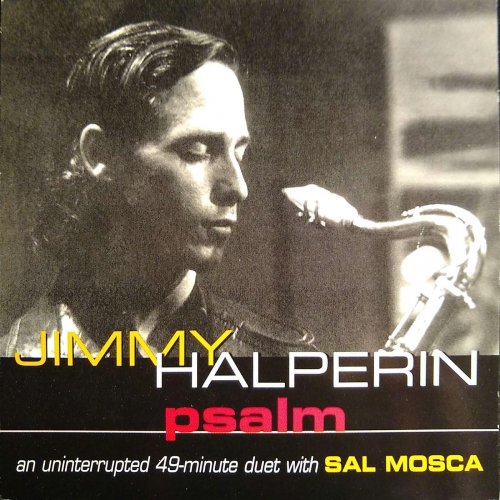
![Colin Hinton - Three Suites (2026) [Hi-Res] Colin Hinton - Three Suites (2026) [Hi-Res]](https://img.israbox.com/img/2026-01/23/1j01ziw4dco9g969ftsu2ln12.jpg)
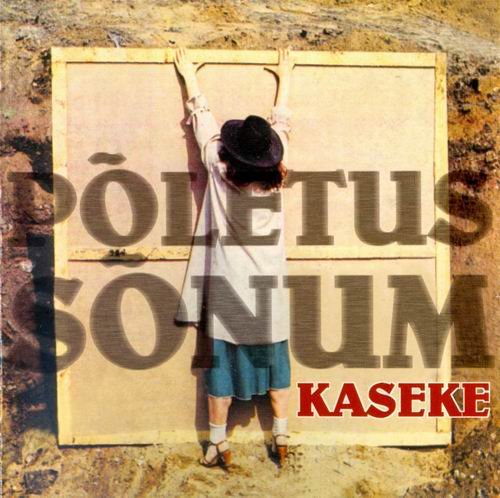
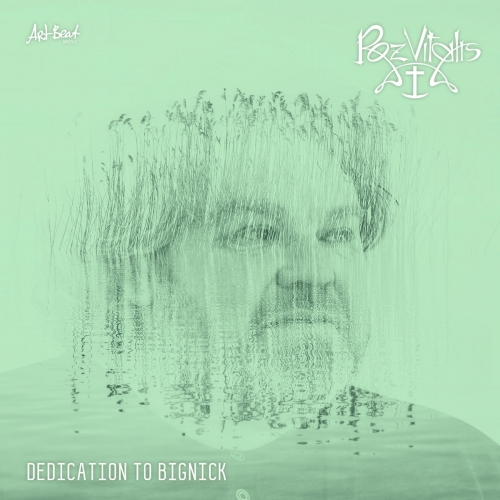
![Rodi Mendes - Entre Ilhas (2026) [Hi-Res] Rodi Mendes - Entre Ilhas (2026) [Hi-Res]](https://img.israbox.com/img/2026-01/22/62rm9z1a14h9jhxbgrj1af1d6.jpg)
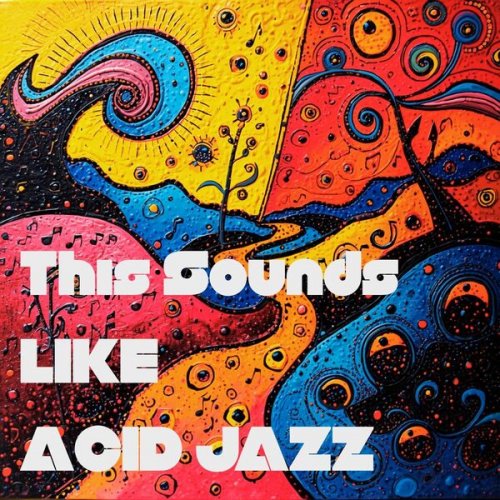
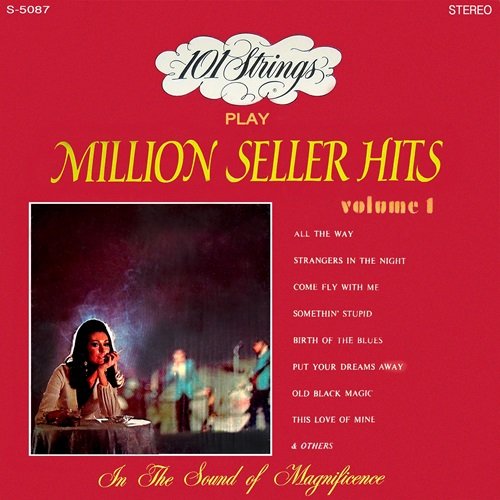
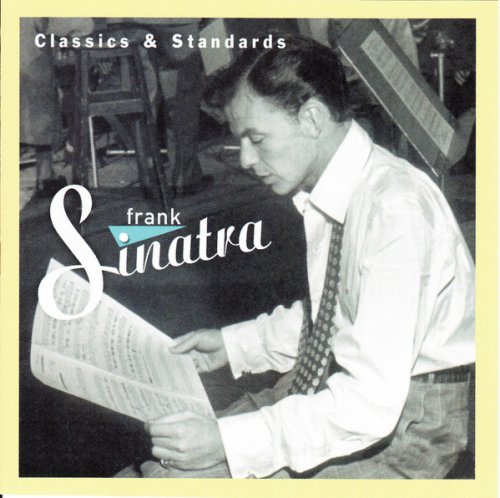
![Mike Campbell - Let The Music Play On (2026) [Hi-Res] Mike Campbell - Let The Music Play On (2026) [Hi-Res]](https://www.dibpic.com/uploads/posts/2026-01/1769151043_kuhulekwzp16a_600.jpg)